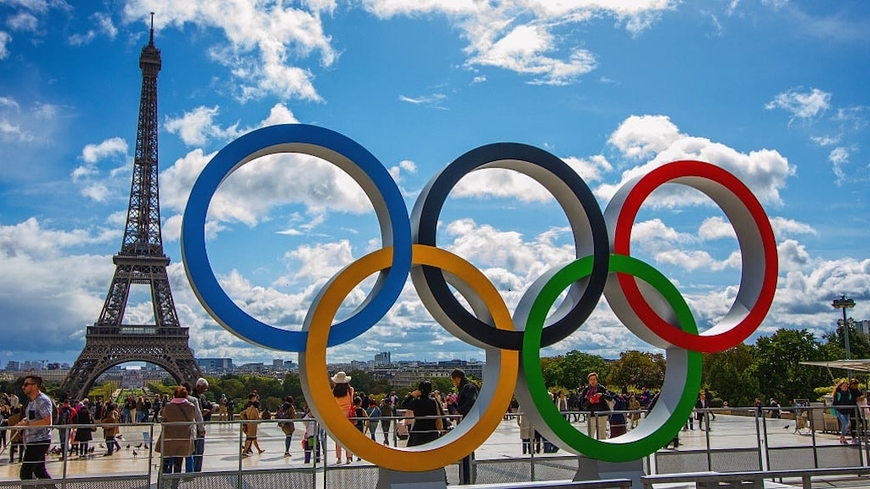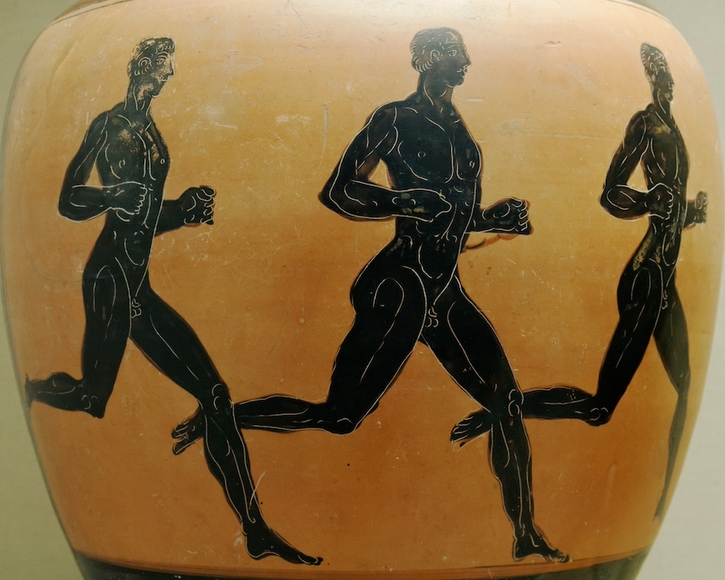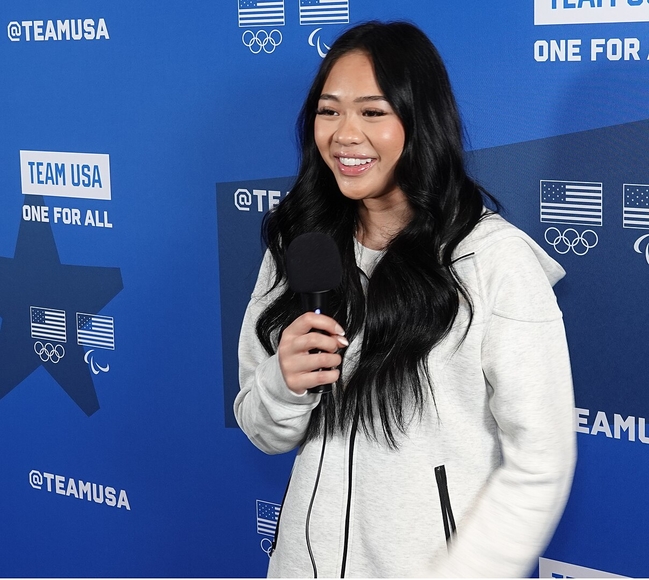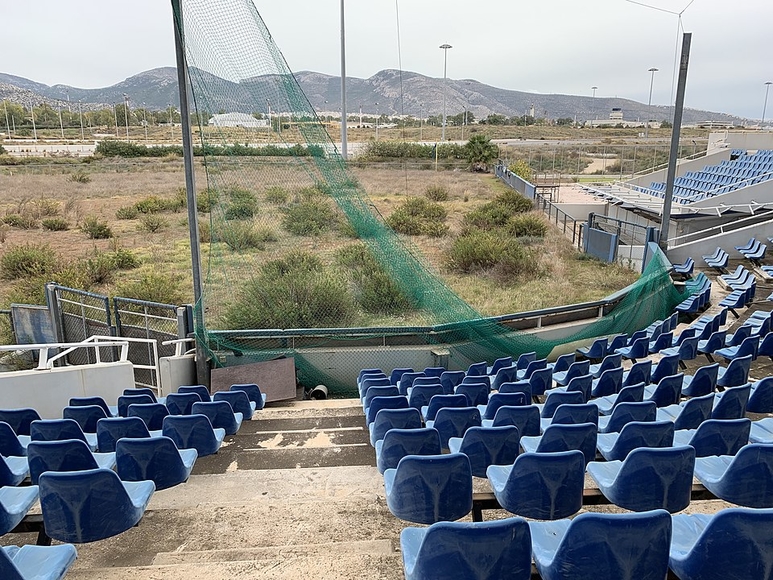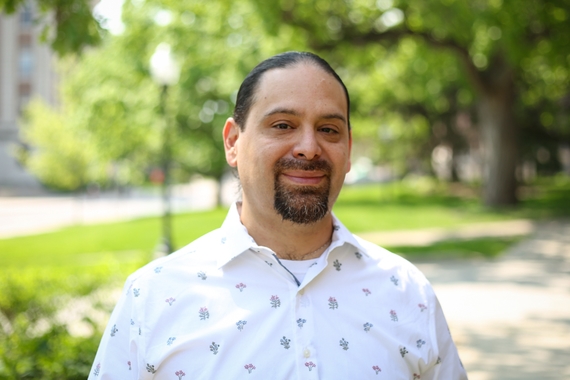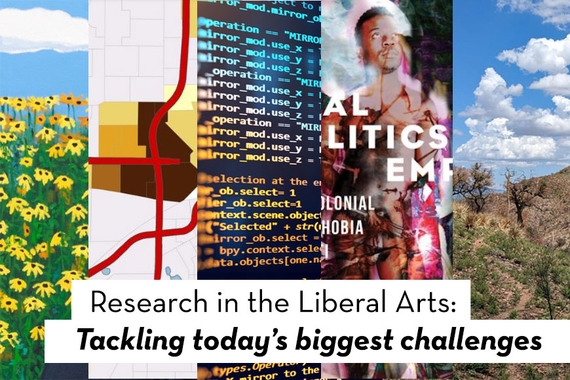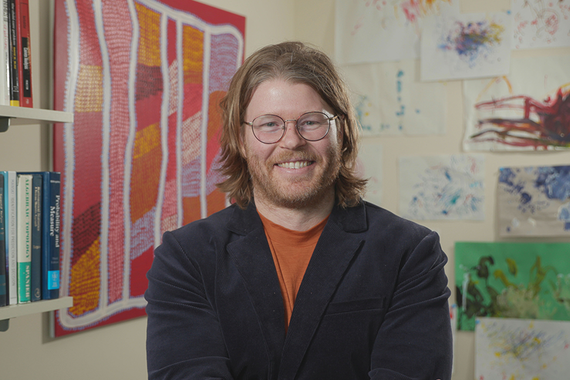Liberal Arts Perspectives on the Olympics
As the world turns its attention to the 2024 Olympic Games in Paris, the University of Minnesota's College of Liberal Arts brings a fresh perspective to the global spectacle. From ancient Greek traditions to modern geopolitical tensions, from the economics of host cities to the way we talk about athletes, our scholars illuminate the complex web of human experience woven into these games.
Roots in the ancient world
"The ancient Olympics were obviously very different from the modern games. Athletes competed in the nude, women were excluded from competition, and there were no prizes for silver or bronze. But at the same time, the ancient games raised a lot of the same issues that we still think about when discussing the modern games.
"Things like the cost of the games, the relationship between sports and politics or sports and gender, even the toll that competition takes on the athletes' mental health—all of these feel like very modern concerns. But debates around these issues stretch back thousands of years and are part of the inheritance that we take on along with the Olympic tradition."
– Andrew Gallia (history, classical & Near Eastern religions & cultures)
The Olympics as a force for internationalism
"We're in a phase of looking toward what is going to be the future of the Olympic Games after having to bear through several Games hosted by political regimes that probably aren't hospitable to many of the cosmopolitan human-rights views and values [traditionally associated with] the Games."
— Douglas Hartmann (sociology)
Read "Amid ascendant nationalism, Olympics' internationalism endures" (Star Tribune, July 26)
Athlete narratives
"It is evident from the surge of interest in Hmong Americans that the American public maintains an inability to comprehend the US’s imperial past and the secret histories that undergird Hmong refugee migration. The public is grasping at straws to understand Hmong’s presence in the US. While [Sunisa] Lee’s victory highlights the liberal multiculturalist futures that have since become emblematic of US official antiracism discourse, there remains an invisibility of Hmong Americans and the history of US militarized violence that accompanies Lee’s ascent to stardom on the international stage."
– Excerpt from "De-exceptionalizing Sunisa Lee: Uneven Gymnastics and a Hmong American State-less Critique," co-written by Kari Smalkoski (gender, women & sexuality studies). The authors are currently working on an article about the 2020 Tokyo and 2024 Paris Olympics, which will focus on Sunisa Lee and Simone Biles.
Protests in Paris
"Threats of strikes and protests have hung over the Paris games since early last year, when millions of French workers joined protests against a proposed pension reform and as unions criticized preparations for the Olympics as diverting resources and attention from the needs of local residents. Officials responded by raising wages for key workers, but the opening ceremony was nearly halted by striking dancers and strikes continue to break out at hotels. Protests have also erupted over Isreal’s involvement in the games during its war in Gaza, including reports of hateful chants and threats of violence against Israeli athletes."
– William P. Jones (history)
Host cities & infrastructure
"The main issue from my perspective is when the host countries are in the global South and have to build up stadia on 'European' levels of expenditures and luxury, those governments tend to go broke. We saw it with Brazil and the World Cup building stadia in the Amazon that are now being used as a bus station, and in Rios' 2016 Olympics, when whole favelas were cleared out to build upscale housing, which is now owned by the wealthy class. This phenomenon isn't limited to the global South. For example, we see abandoned Olympic infrastructure in Greece, which hosted the Olympics in 2004 and a few years later faced a financial debt crisis.
"But France is wealthy and has many already existing stadia, so the Olympics affects them less in terms of finances/debt and in terms of evictions. Although there have been reports of the police clearing out all homeless people and criminalizing folks who like to hang out on the streets—unpleasant to the eye of spectators, they say."
– Michael Goldman (sociology; global studies; geography, environment & society)
Cheering on our CLA athletes
We wish all the best to CLA alums Airi Miyabe and Summer Schmit, who are competing in the Olympic and Paralympic Games, respectively. Learn more about Golden Gophers competing in Paris this summer.
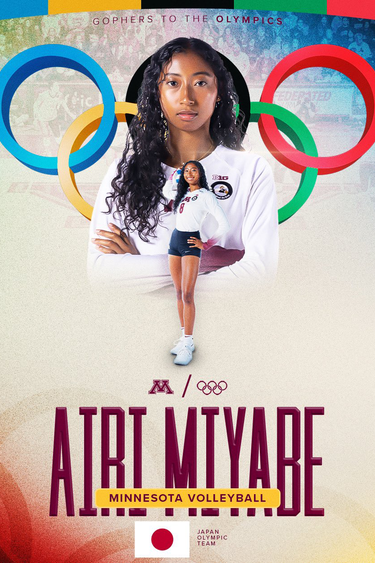
Volleyball (July 28–August 11)
Japan
Gophers (2019–21)
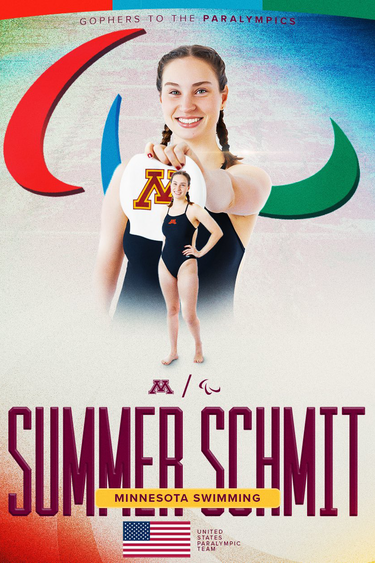
Swimming (August 28–September 8)
United States Paralympic
Gophers (2022–present)
Learn with us
Sport, Culture & Society
Prof. Hartmann will teach SOC 4451 - Sport, Culture & Society in fall ‘24.
This course is intended to stimulate critical, sociological thinking about sport: how it is socially organized, who participates in what and why, what role (or roles) sport plays in society, and what sporting practices tell us about contemporary social life more generally. It begins from and is grounded in the notion that sport is one of the most powerful and paradoxical institutions in the modern world. The course is intended for a wide range of undergraduates, though some familiarity with basic social scientific thinking and techniques will be helpful.
Spectacles & Mass Culture in Antiquity
Prof. Gallia will teach CNRC / HIST 3061 - "Bread & Circuses": Spectacles & Mass Culture in Antiquity in spring ‘25.
This course focuses on the development of large-scale public entertainments in ancient Mediterranean world, from athletic contests of Olympia and dramatic festivals of Athens to chariot races and gladiatorial games of Roman Empire. We explore the wider significance of these spectacles in their impact on political, social, and economic life of the societies that supported them. Fulfills: Civic Life & Ethics, Historical Perspectives
